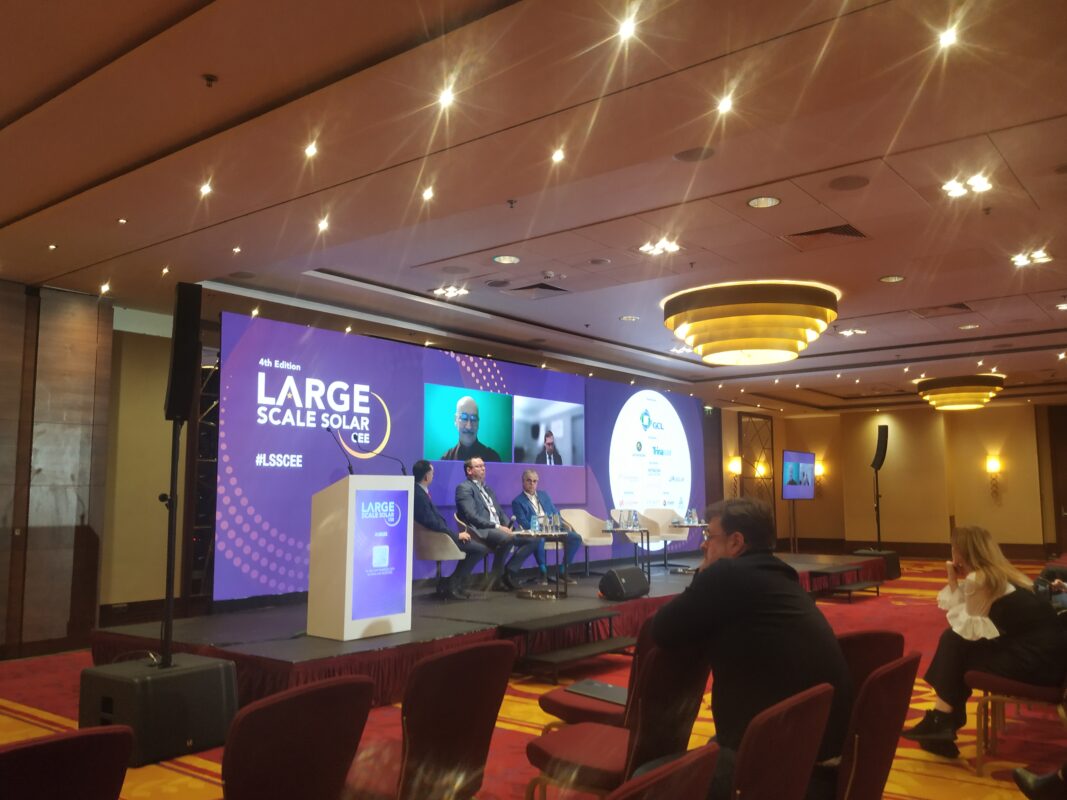Tech
Eastern Europe’s grid could benefit from a more ‘intelligent’ approach to operations

“The whole market needs to be a bit more intelligent,” said Hirschl. “[There needs to be a market] for all the auxiliary services. If we provide balancing energy, or if we take energy out of the grid [in storage] in times of overproduction, we want to be paid for that and we need a market for that.”
Hirschl gave an example of company operating a solar-plus-storage in Germany that he once worked for, which had stored energy at times of high supply, and later transferred it back to the grid. The grid asked the company to pay for this transfer, while Hirschl said that the company should be paid for providing a balancing service in this manner, and is a good example of the need for actors to operate with greater awareness of the activities and interest of others in the sector.
This is particularly important considering, according to Andres Meesak, smart energy solutions lead at Viru Elektrivõrgud, the grid is likely to become more complex. Meesak said that, in the future, he does not expect new and expensive grid investments to help add additional capacity to Eastern Europe’s grids, but that prosumers and battery energy storage systems (BESS) will play a larger role in electricity supply.
“In the coming years, what I see in Estonia, is the faster development of prosumers than large-scale [consumers] because the market conditions don’t attract the large-scale investments any more,” said Meesak. “But against consumption, solar generation is very favourable still, so I see more of a prosumer market in the coming years, than the large-scale market in Estonia.”
Meesak also highlighted that the disparity in operational lifespan of grid infrastructure and renewable power technologies means that simply building more grid capacity alongside new solar installations will not necessarily alleviate the grid connection issue in the long-term.
“We are building the grid for 50/60 years – we have overhead lines that are close to 60 years [old] – but if the PV installation is built for only 25/30 years, we will end up with the same problems again that we had [at the end of] industrialisation or the mining era,” said Meesak.
“That’s why what we’ve decided to do is revitalise existing grid assets,” he added. “We try to use [grids] to facilitate new energy, [be] it storage, PV or EV charging.
Investments in storage
Whether this additional capacity comes from storage projects or more large-scale investments, it is clear that the grid is a priority for Eastern Europe, with speakers and delegates across both days of the event suggesting that concerns over grid capacity are key obstacles for a number of companies.
Speakers at other panels suggested that the greater deployment of storage systems, both standalone and co-located, would be of benefit, and speakers at the event’s final panel agreed.
“There are some solutions where producers can add value to this market, for example by adding additional technologies to their solar projects, [such as] BESS,” said Rolands Irklis, chairman of the management board at JSC Augstsprieguma Tīkls, suggesting that by making the most of a single asset by adding storage, there could be a financial benefit for project operators. “In that way, balancing themselves better, being even more flexible and offering even more for the balancing market.”
Catailn Chimirel, manager of energy efficiency and new technologies at CNTEE Transelectrica SA agreed, saying that it is essential that “storage projects are also in place, [alongside] incentives, so investors are encouraged to build these storage facilities,” suggesting that governments could have a greater role to play in offering financial incentives for developers who take responsibility for shouldering some of the burden on grids.
“Batteries are always welcome!” Chimirel added.
PV Tech publisher Solar Media is organising the fourth edition of Large Scale Solar Central and Eastern Europe in Warsaw, Poland 26-27 November 2024. The event focuses on Eastern Europe with a packed programme of panels from industry leaders responsible for the build out of solar and storage projects in Poland, Bulgaria, Romania, Hungary and the Baltics. For more information visit the event website.









